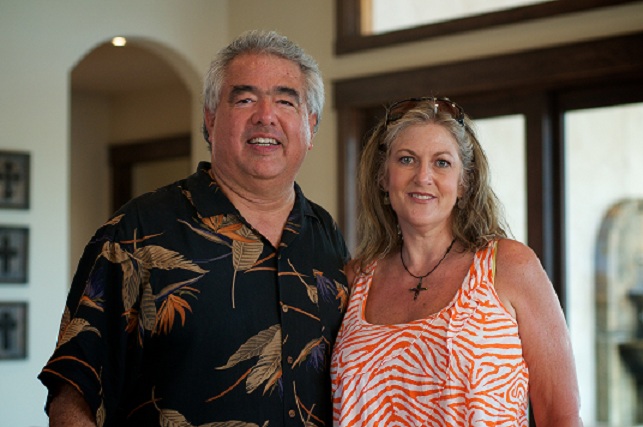Comparing Insulated Concrete Form Foundations and Poured Concrete Foundations

Whether you choose a crawlspace, basement or a slab, you want the strongest structure possible, especially in areas where nature might wreak havoc on your house. Here we will go over the details of two different types of foundations: poured concrete and insulated form concrete.
Poured Concrete Foundations
Poured concrete foundations are the most common type of foundation. Forms are placed on spread footings, and steel rebar gets placed between the forms. The builder then pours the concrete between the forms. The walls are usually 8 to 10 inches thick. Homeowners can choose patterns, such as brick, to give the poured concrete a more finished look.
Poured concrete basements are strong. They are more flexible than concrete block foundations, and they can take more weight compression. They also provide more fire protection since they are solid. They last for decades, and they help deter termites.
There are some disadvantages of poured concrete walls. A builder can't pour them in cold weather, or they won't set properly. If the temperature is warm enough to pour, but not over 60 degrees, they take longer to cure. Poured concrete walls can also crack, which allows water to get into the basement. They also have non-structural cracks, such as where the walls and the floor meet. Water can get into the basement through those types of cracks. If the foundation settles, the concrete could crack, which means you'll get water in your basement.
If you decide to use poured concrete, make sure you use a builder or subcontractor with experience.
Insulated Concrete Form Foundations
If your basement is going to be finished, you might consider insulated concrete form foundations, or ICF foundations. They are durable and provide insulation. Expanded polystyrene foam panels are dry-stacked or hollow extruded polystyrene foam is interlocked to form walls. Builders then brace the forms and pour concrete into the hollow panels.
Insulated form concrete foundations are disaster-resistant, highly insulating, fire-resistant and can withstand wind exceeding 200 mph. Additionally, the built-in insulation value is greater than R-20. ICF foundations are also resistant to termites, and provide extra schedule flexibility in that they can be poured when the ambient temperature is as low as 5 degrees Fahrenheit.
Comparing Poured Concrete Foundations to Insulated Concrete Form Foundations
One of the main benefits of insulated concrete form foundations is that they are not as sensitive to cold temperatures. They are also more energy efficient and are not as likely to let moisture seep through. Some of the other metrics to consider include:
-
R-Value: The higher the R-value, the more energy efficient the insulating properties. The R-value of a poured concrete foundation is less than 3, while an insulated concrete form foundation has an R-value of greater than 20.
-
Leakage: Insulated concrete form foundations are less likely to crack. They are also less likely to allow seepage into the basement, since they are not as porous as poured concrete.
-
Building Times: You won't have to wait for the temperature to rise above a certain degree if you are building in the winter since ICF foundations can be built in below-freezing temperatures.
-
Compressive Strength: The ICF foundation has nearly double the compressive strength that a poured concrete foundation has, which means water is less likely to seep through.
-
Ground Shifting: Water pressure and ground shifting affect poured concrete foundations more than ICF foundations.
When you and your builder choose to go with an insulated concrete form foundation, make sure the builder uses high-performing blocks, as they are even more energy efficient and less likely to crack and allow moisture in.
About the Author

Ralph R. Rodriguez
Hello and welcome!
For more than 30 years now I have been helping folks Buy, Sell or Invest in Real Estate in and around San Antonio and the surrounding communities.
We seek to Honor God by assisting folks in their needs when it comes to all things real estate and are focused on providing the individual service and attention to detail that help our clients, friends and family manage the complex process of the single largest purchase any of them, or you, might make.
We welcome the opportunity to start this fellowship with you and your family and are committed to earning your trust, earning your business and in the end celebrating your "new" home and becoming a member of our Fellowship Real Estate family.
Thank you and God Bless.